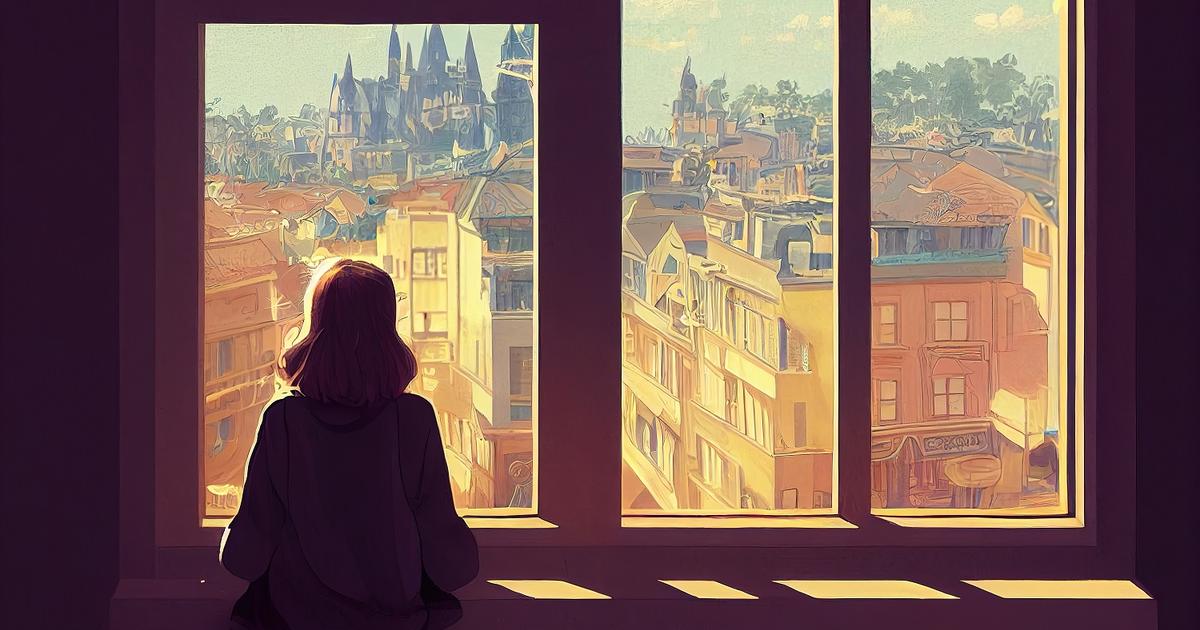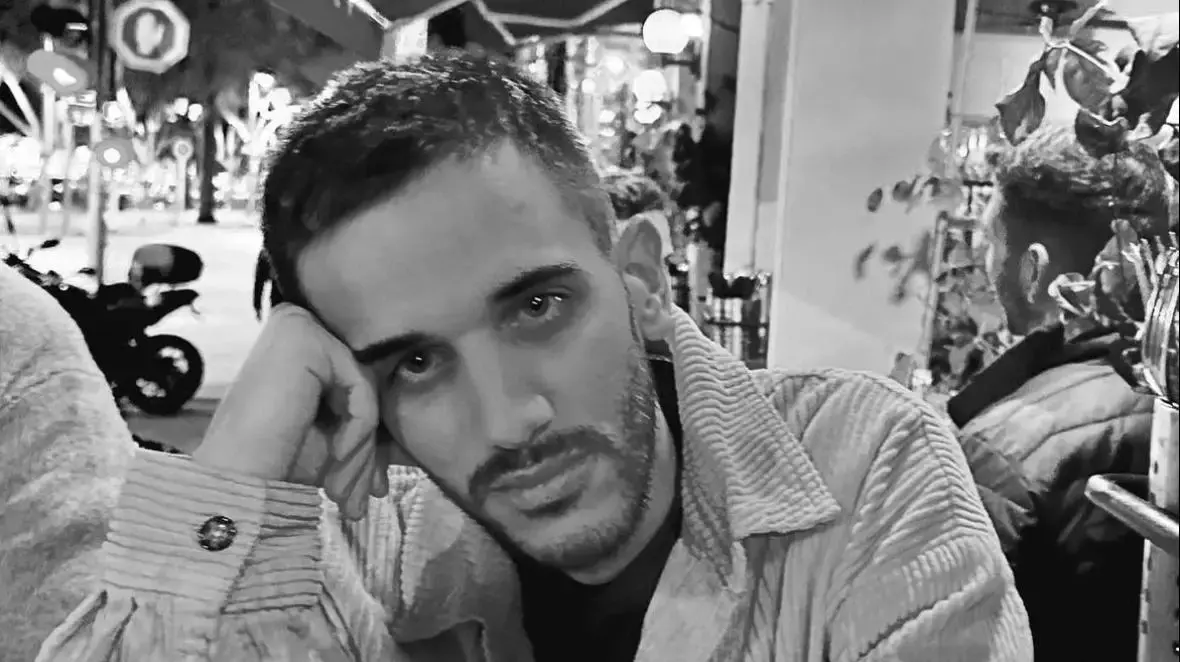September 2009, Matthieu, 20 at the time, moved to Madrid for two years to study Spanish law.
Two years about which he is full of praise.
"I liked absolutely everything: the city, beautiful, pleasant, clean... The mild temperatures, the simple people, the good-natured atmosphere, the language, the prices... Everything, everything, everything!"
.
2011, Matthieu returns to France to continue his studies.
Immediately, it's a cold shower.
Everything seems complicated to him.
Suddenly, he feels like a stranger, has the impression of
“no longer having the codes”.
"We speak of 'return shock', of 'reverse culture shock'",
theorizes Barbara Vionnet (1), a clinical psychologist specializing in expatriation, to describe this brutal feeling of feeling like a foreigner in one's own country after a long trip. or after being expatriated.
She explains:
“People who go abroad for a long time immerse themselves in another culture, they create other links, change.
Those who remained on the spot also, which can create a gap if the two do not evolve in the same direction”.
This was the case for Camille, 30, former consultant for a luxury brand.
When she returns to France to spend the holidays with her loved ones this winter, after 10 months in South America, she is disillusioned.
“With some of my friends, we were no longer on the same wavelength, we no longer had the same perceptions.
I changed, they changed,”
she realizes.
At the table, the jokes were flying, I couldn't follow
A feeling also shared by Constantin, 25, who left to travel to New Zealand three years ago, at the end of his studies.
When he returned to visit family and friends last June, he felt a shift.
“Just in terms of the language: it made me feel weird!
I had not spoken French (apart from phone calls with his relatives, editor's note) for three years, ”
he explains.
As for the topics of conversation too, the young man is quickly destabilized.
“It was about work, rent prices, politics… I hadn't touched on that since my departure,”
he confides.
Then everything was going too fast for him:
"At the table, the jokes were flying, I couldn't follow".
Another disturbing element for travelers returning to their country of origin: during their absence, their environment has also changed.
“Those who leave for a while sometimes think they'll find what they left behind.
However, when they come back and realize that this is not the case - that their representations are no longer in accordance with reality - this can cause them to feel out of step, to lose their bearings",
adds Philippe Drweski (2), psychologist and lecturer at Paris Cité University.
They no longer feel at home.
Without the destination from which they return having become their home either.
"I feel like I don't belong anywhere,"
admits Camille.
Read alsoChernobyl, favelas, prisons... Why do we feel the morbid need to visit these places of tragedy?
Boomerang effect
Sometimes this return to basics even has a boomerang effect.
"The real reason for their departure - often unconscious - comes back to them,"
says Philippe Drweski.
For Constantin, it was stressful studies, located far from home.
“At the time, I was losing my hair so much I was anxious about my job and about transport,”
he says.
“Besides, even before taking off, I dreaded the idea of having to take the RER when I got off the plane…”
For Camille, it was a job in which she did not flourish mixed with a thirst irrepressible adventures.
To guard against this shock of the return
,
Barbara Vionnet is formal:
“it is imperative to prepare it as much as possible”.
She suggests rediscovering one's old environment with the same eyes with which one would have discovered an unknown place, or rather a known place that has become more or less foreign
.
All this, avoiding any comparison.
“It will make rehabilitation easier
,” she says.
Philippe Drweski continues:
“you should not hesitate to discuss it with your relatives to defuse the situation and with people who have already been in the same situation and who can prove to be real support”.
Never mind, anyway,
"The majority of people who suffer from reverse culture shock on their return end up leaving,"
concludes the specialist.
Truthful.
Direction the South of France for Matthieu, Australia for Constantin and Colombia for Camille…










/cloudfront-eu-central-1.images.arcpublishing.com/prisa/KMEYMJKESBAZBE4MRBAM4TGHIQ.jpg)


